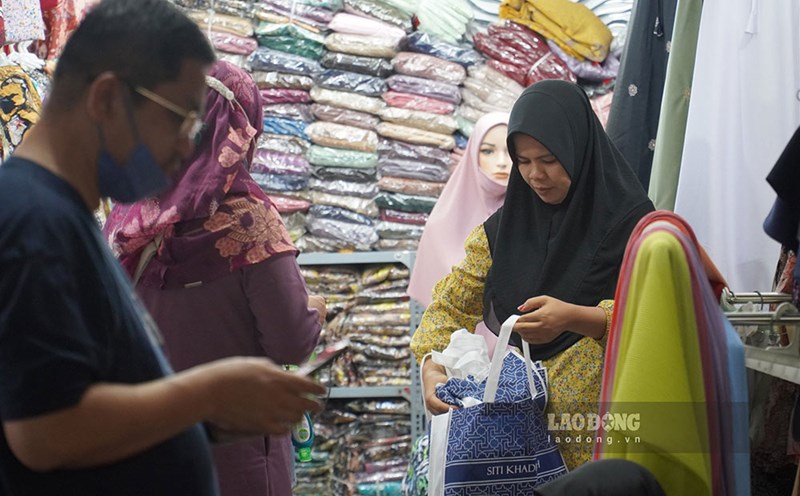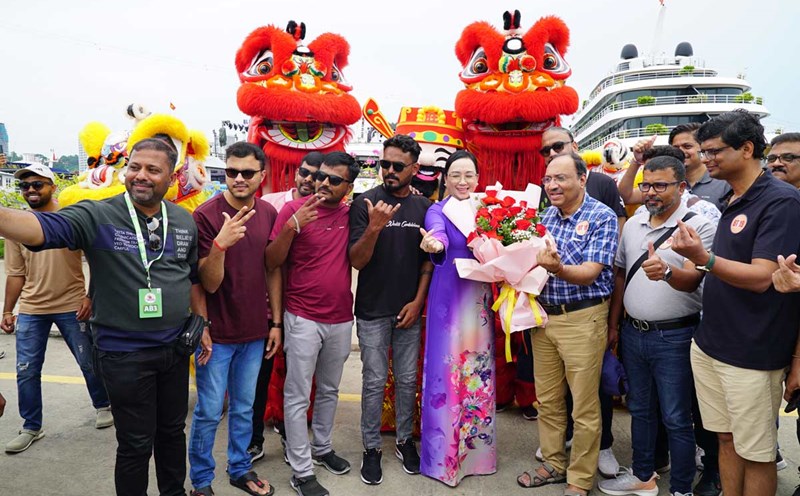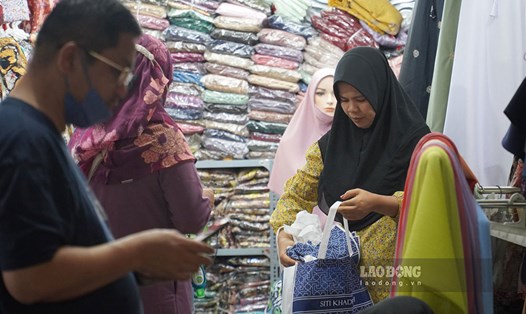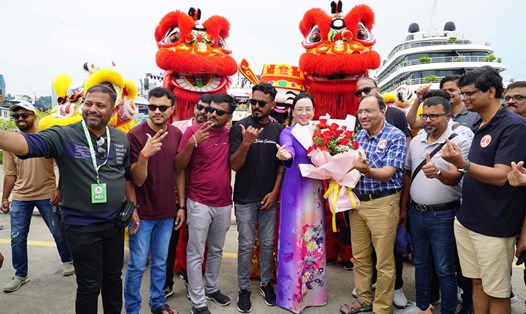That is the opinion of Associate Professor. Dr. Nguyen Hoang - Principal of the University of Commerce, at the International Scientific Conference "Innovation, integration and sustainable development" with the theme: "Developing Vietnam's Halal economy and trade" on April 17.
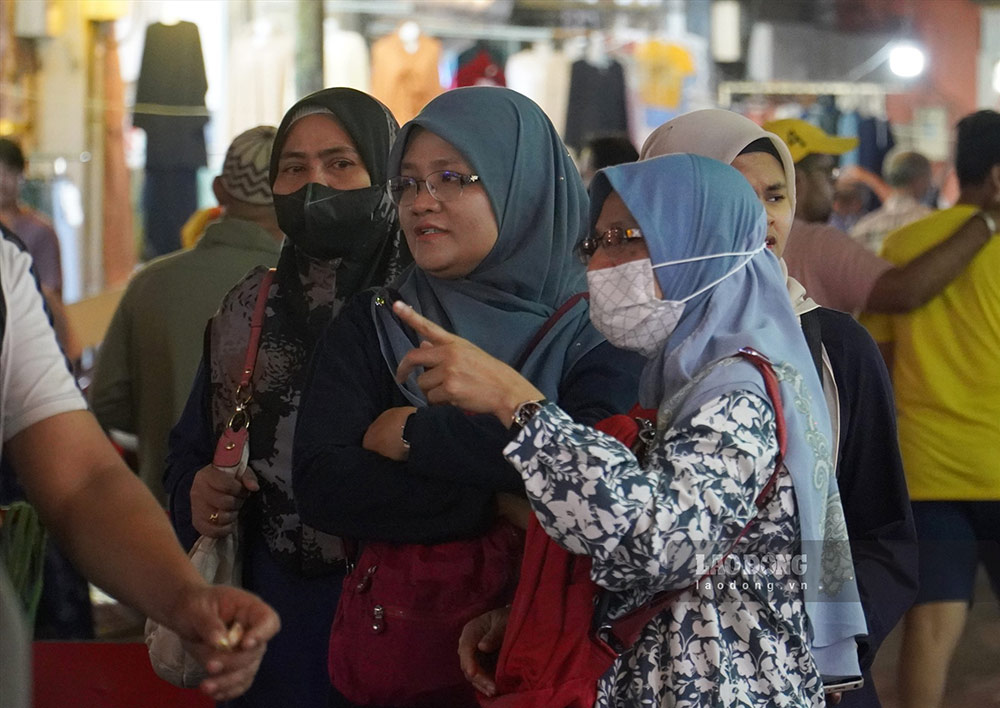
Billion-dollar global market
Halal comes from the word Arabian, meaning allow. Halal is a standard based on the law of the people of Israel, including strict regulations in the fields of food, beverages, clothing, pharmaceuticals, cosmetics, tourism, etc.
In recent years, the Halal economy has emerged as one of the fastest growing segments globally, with an annual growth rate of 5.2%, and is also a highly profitable and influential sector in the international food industry.
A report from market research platform MMR shows that Halal food industry revenue is forecast to reach about 5,284 billion USD by 2030 and could reach 15,000 billion USD by 2050. This remarkable growth shows that Halal has gone beyond the religious framework to become a global economic model.
In fact, the economic impact of Halal is not only limited to the food industry but also spreads to many other fields such as pharmaceuticals, cosmetics, fashion and tourism services.
In particular, Halal tourism also contributes to boosting the demand for Halal foods in many countries. Many hotels, restaurants and tourist attractions have begun providing Halal-standard dining services to serve Muslim tourists.
This trend not only helps the tourism industry develop but also expands the market share of Halal food in the international market.
Vietnam's opportunities
According to Associate Professor. Dr. Nguyen Hoang, Vietnam has many conditions to develop the Halal industry such as favorable geographical location, strengths in agriculture, food, tourism, and services. Vietnam has deeply and comprehensively integrated into the international economy by participating in many of the region's leading economic linkages, including the New Year's Free Trade Agreements.
The opportunity to participate in the global Halal market is huge, not only diversifying the market and developing tourism, but also opening up the export of Vietnamese products with strengths and attracting financial investment from international and regional corporations to Vietnam. Thereby, contributing to helping Vietnamese enterprises and localities improve competitiveness, quality of human resources and promote technology transfer, especially production, processing, preservation, transportation technology... to meet Halal standards, he affirmed.
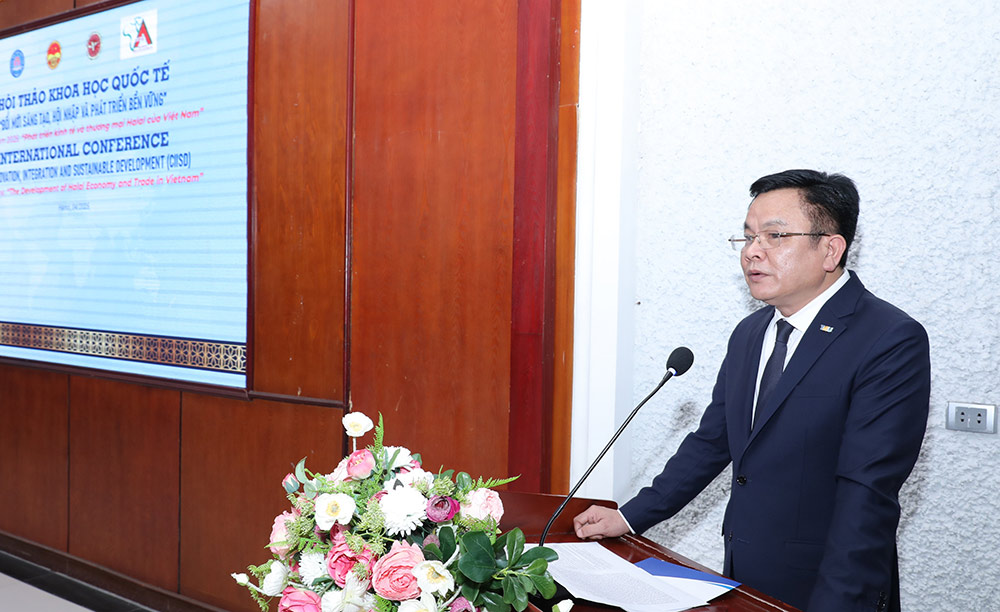
Sharing the same view, Associate Professor, Dr. Bui Van Huyen - Director of the Institute of Economics, Society and Environment, pointed out that Vietnam has many outstanding advantages to become an important link in the global Halal supply chain. In particular, the strategic location in Southeast Asia facilitates access to major Halal markets such as Indonesia, Malaysia and countries in the Gulf Cooperation Council.
However, there are many challenges for Vietnam to penetrate the Halal market. Currently, Vietnam has only exported about 20 items to Muslim countries in the ASEAN region, with total import-export turnover accounting for a small proportion of the total export structure.
Vietnamese enterprises in other industries such as food, cosmetics, pharmaceuticals, logistics and tourism have not fully exploited the opportunities from this potential market and have not kept up with the increasing consumption demand and new consumption trends of the region and the world for Halal products.
This situation stems from many barriers and bottlenecks both objective and subjective, including limitations in market understanding, strict and complicated standards, separate production processes, along with large investment costs.
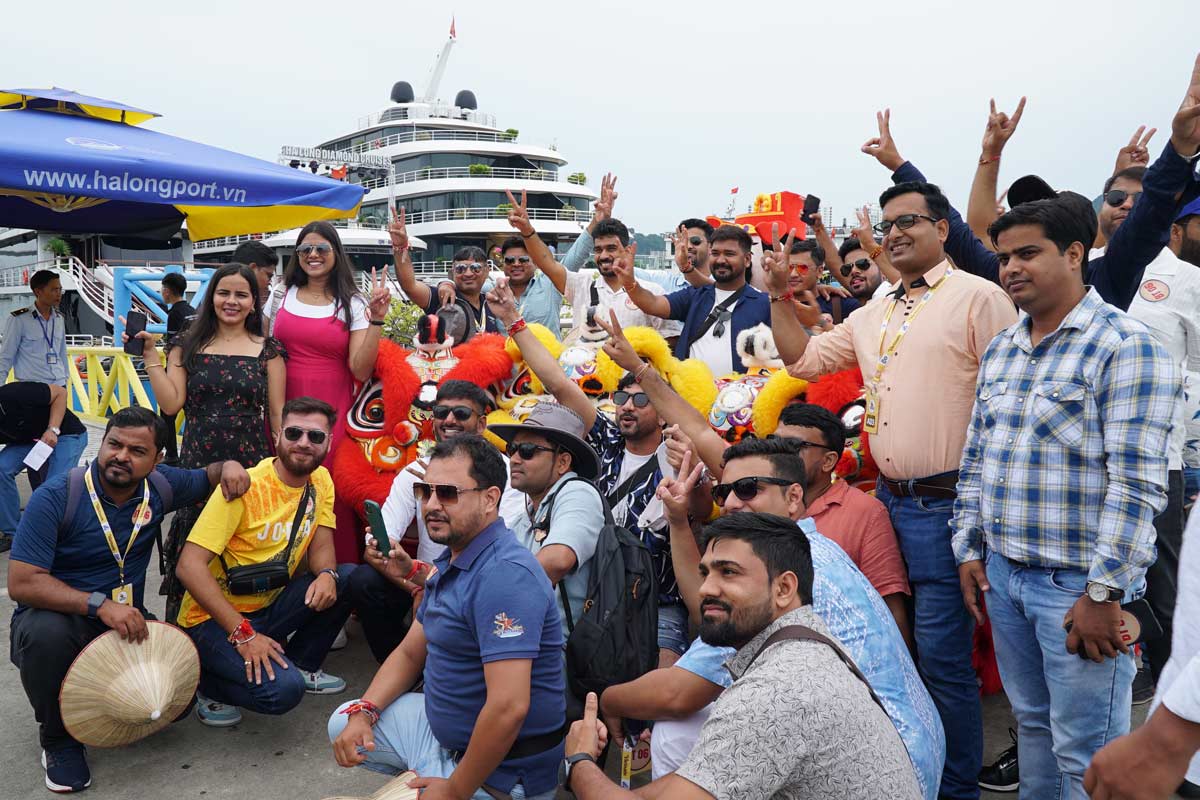
According to Associate Professor, Dr. Bui Van Huyen, the fact that businesses and products can meet strict quality regulations and strict ethical standards makes successful penetration and development in the Halal market not only require agility, flexibility and great efforts from businesses; but also require exploration and roadmap opening from the perspective of the institutional and legal framework from the State.
At the same time, Vietnam needs to strengthen international cooperation to build and develop the Halal industry.
Mr. Ali Akbar Nazari - Ambassador of the Islamic Republic of Iran affirmed that the partnership between Iran and Vietnam can completely expand to other key areas in the Halal economy such as healthcare, pharmaceuticals and tourism.
Halal tourism in particular is a field that is developing strongly. With revenue expected to reach 410 billion USD by 2032, the industry promises to reshape the global tourism and hospitality sector.
Iran is ready to cooperate with Vietnam in building Halal tourism initiatives, including: connecting tourism organizations of the two countries; sending leaders of tourism agencies to visit each other; participating in fairs and thematic exhibitions on Halal tourism in both countries.
Mar offese Ambassador to Vietnam Jamale Chouaibi also said he is always ready to support connections with key stakeholders in Morocco, including organizations operating in the Halal field.
Morocco can be a gateway for Vietnams Halal products to reach the markets of Africa, the Middle East and Europe with a large Muslim community; at the same time, Vietnam can also facilitate the access of Mar off-Sea goods to the Southeast Asian market, he affirmed.
In addition, with a global Muslim population of about 1.9 billion people, Halal tourism is a potential area of cooperation. Vietnam and Morocco can both enhance their attractiveness to Muslim tourists through Halal-compliant tourism services.

